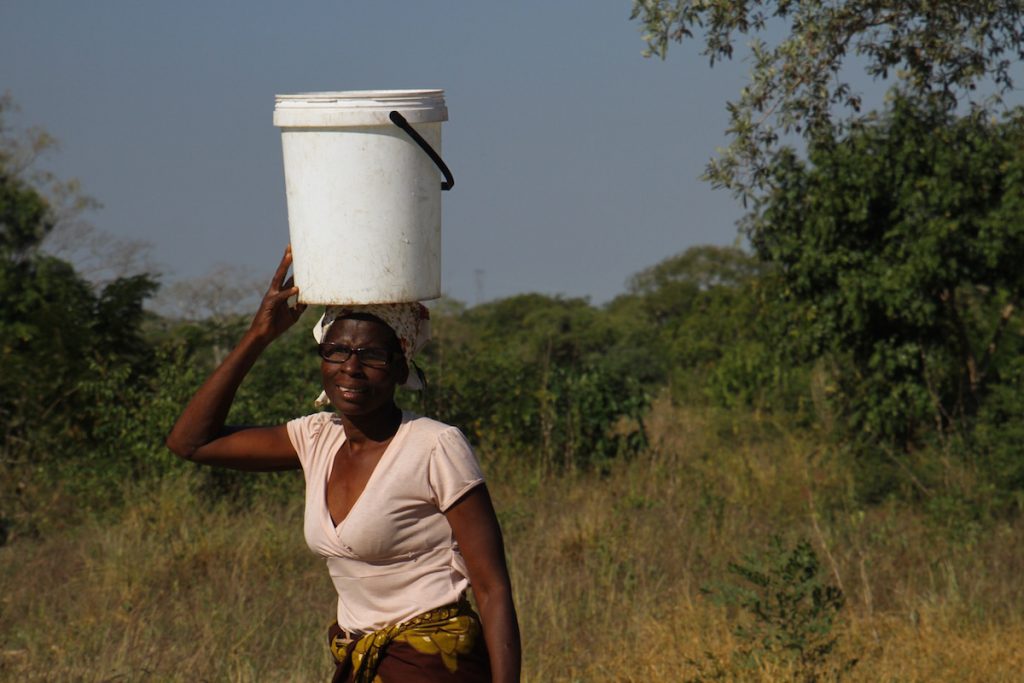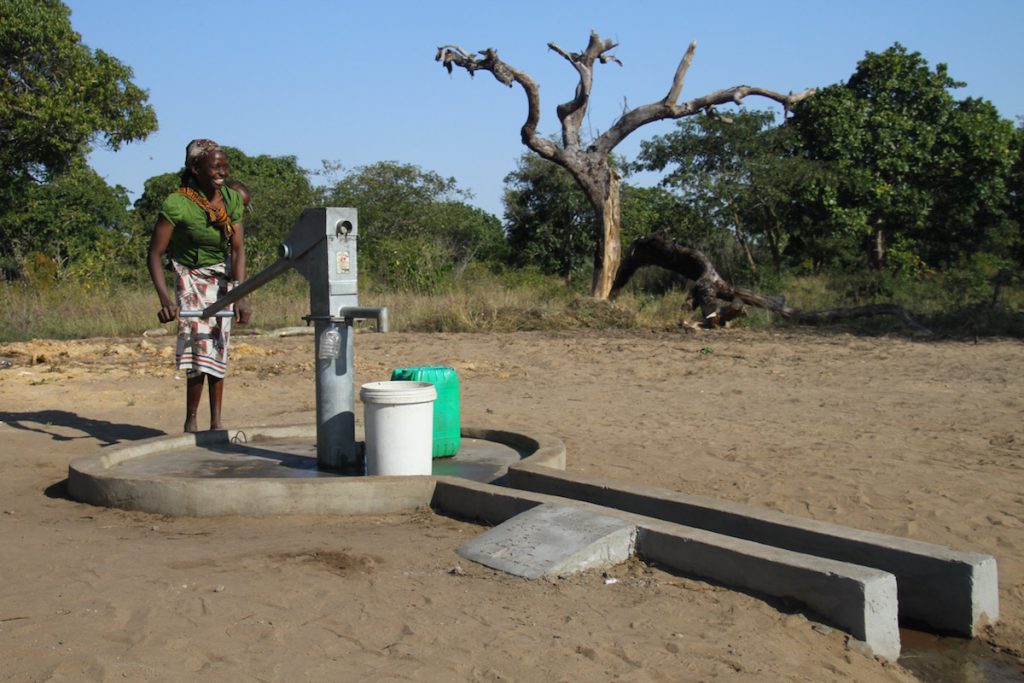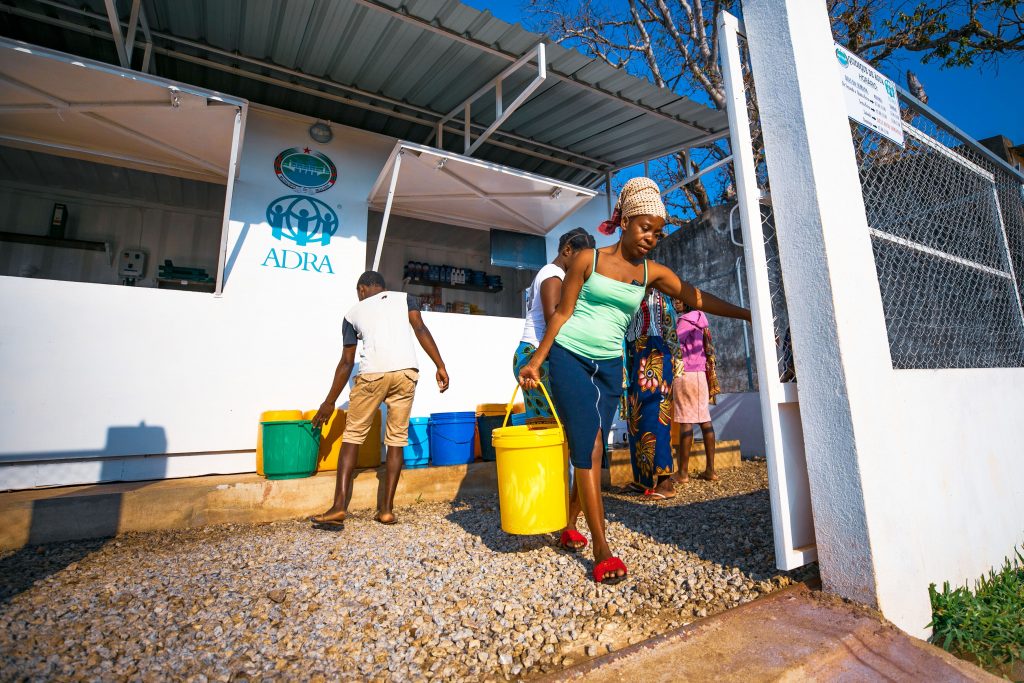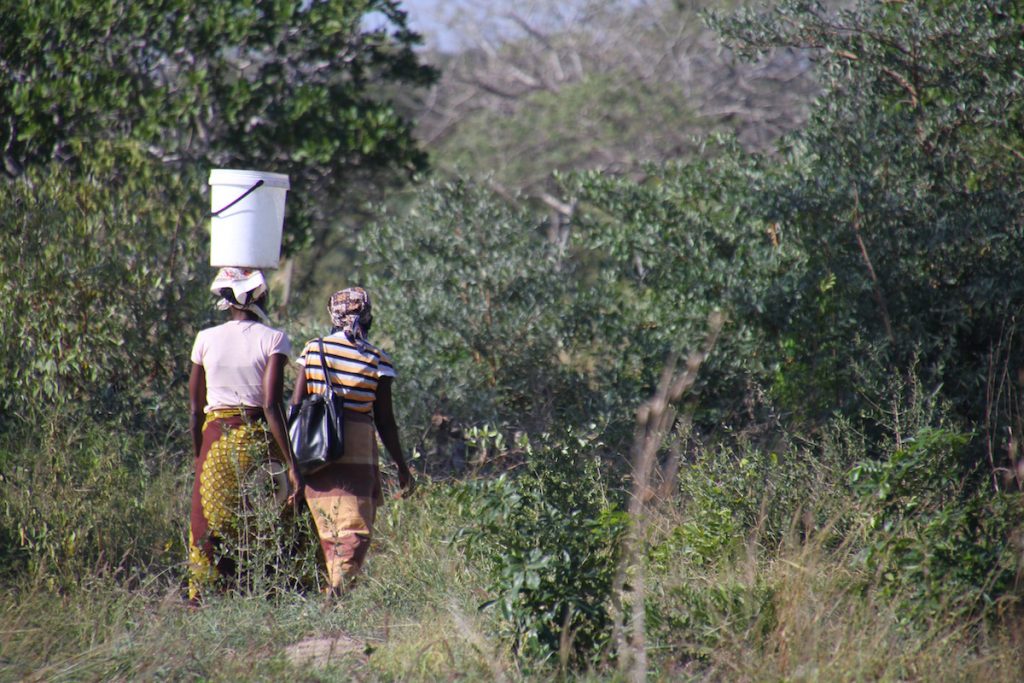Health
10% of the world lives on less than $1.90 a day and the cycle of poverty is strong. Some of the biggest tools to fight poverty come from the simplest solutions-training, loans, seeds, animals, and access to a marketplace. Helping someone provide for themselves provides change that will last a lifetime and effects that can be seen for generations. Women in particular feel the effects of entering a marketplace previously closed to them, providing dependable income, self-reliance, and even safety, to them and their children.
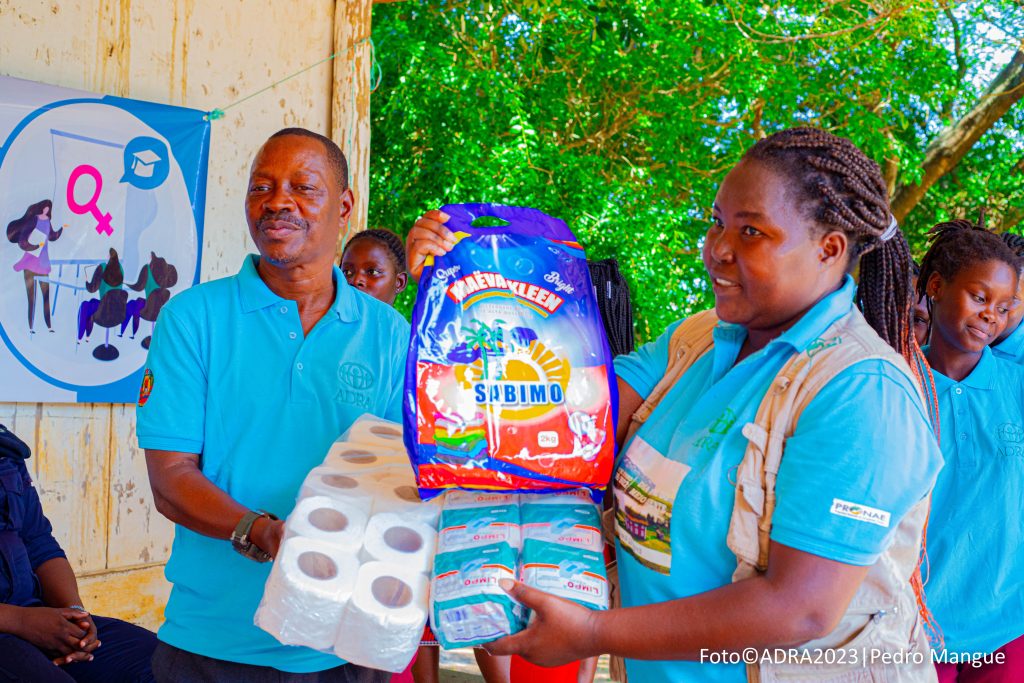
ADRA Mozambique began its intervention in the health sector in 2002 through the implementation of the Integrated Food Security Initiative in Pebane, which was a three-year Health and Nutrition, Agriculture and Commercialization project. Health and nutrition activities included preventive health education and nutrition promotion through improved dietary practices, prevention and household management of childhood diseases with an emphasis on diarrhea and malaria, and HIV/AIDS awareness. The project targeted the Pebane district in Zambezia province, reaching a total of 18,000 beneficiaries.
Nutrition

From 2006 to 2008 ADRA Mozambique implemented a comprehensive health program called COACH (Community Access to Health), covering the districts of Ile, Namarroi, Maganja da Costa and Pebane with a total of 40,950 beneficiaries. The project aimed to empower communities through the creation and formation of Community Health Committees, involving community leaders, elders, including traditional midwives, teachers and others. The project's intervention focused specifically on rural communities, emphasizing their access to the National Health Service through the formation of Community Health Committees in partnership with the DDS and DPS (district and provincial representatives of the Ministry of Health).
Water and Sanitation
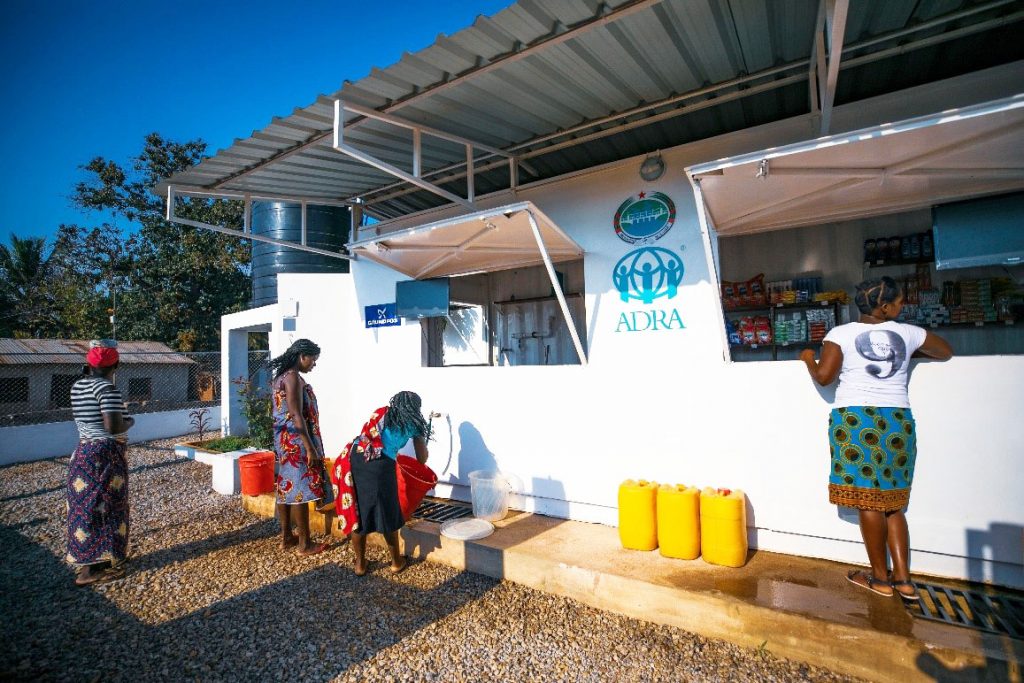
For water and sanitation programs for 16 years and for the last 5 years implemented in the district of Mocuba, using an innovative approach that combines renewable energy, community-managed drinking water and awareness raising for the development of deprived communities and a sustainable business model: Construction of three drinking water distribution systems, promotion of a range of WASH services through WASH volunteers and provision of hygiene products in the kiosks. Since the opening of the kiosks, 189,325 mt of kiosk sales and 1022,875 liters of water distributed to 7500 individuals have benefited from these interventions with a budget of $679,594.53.
